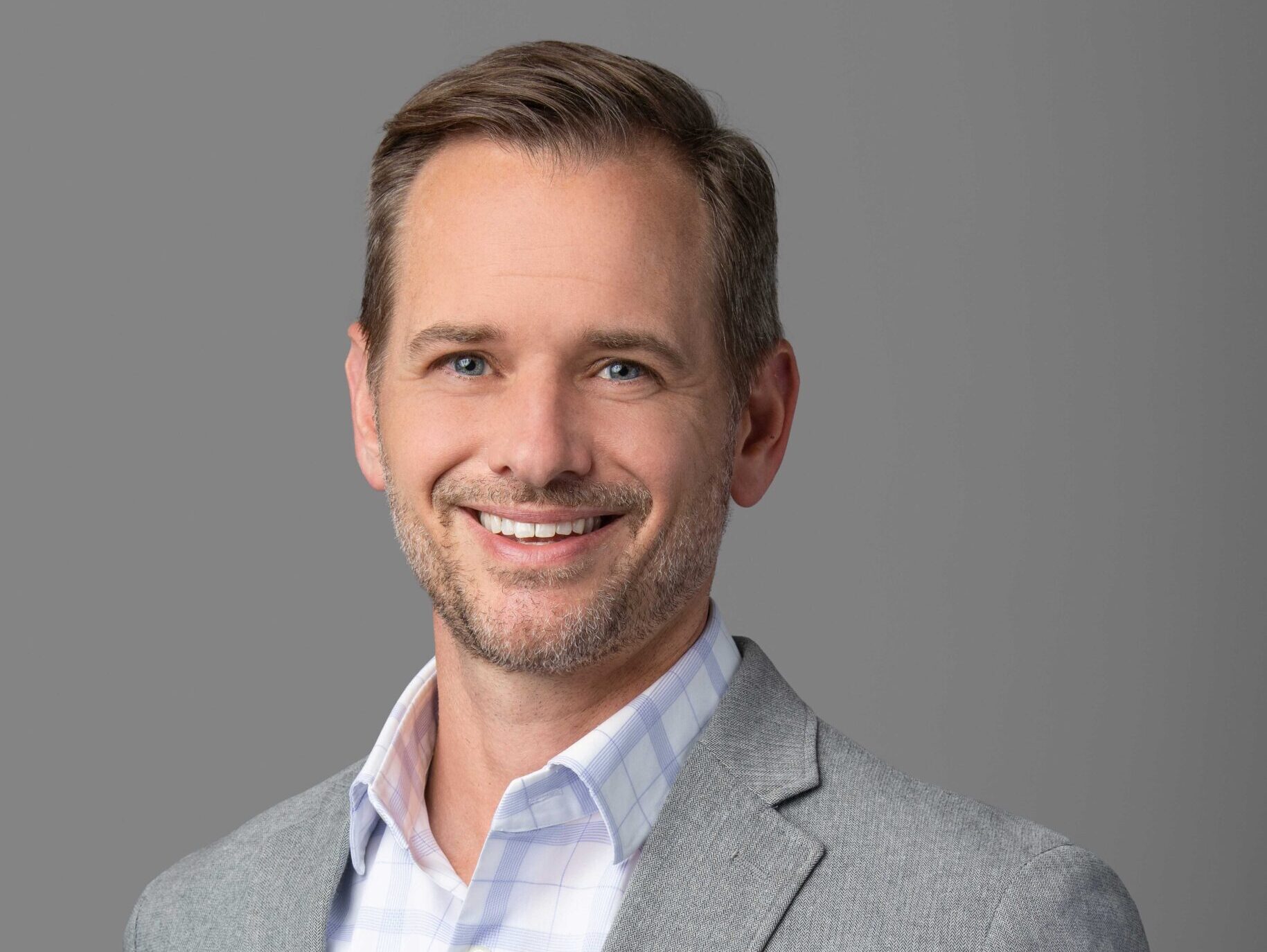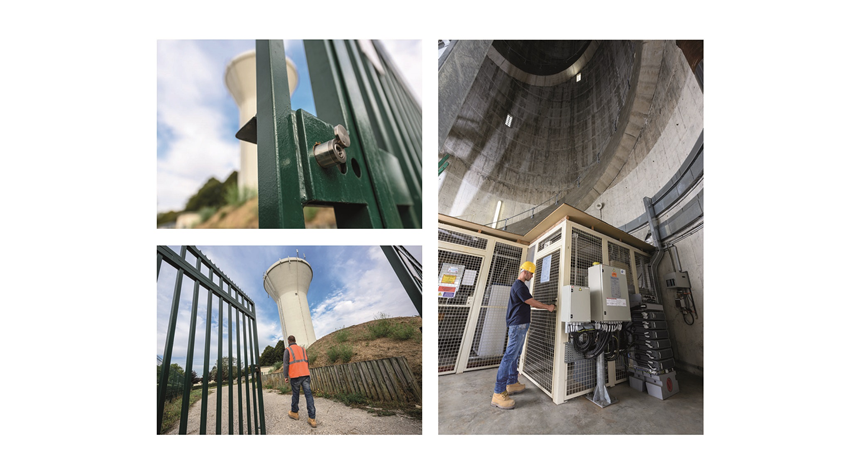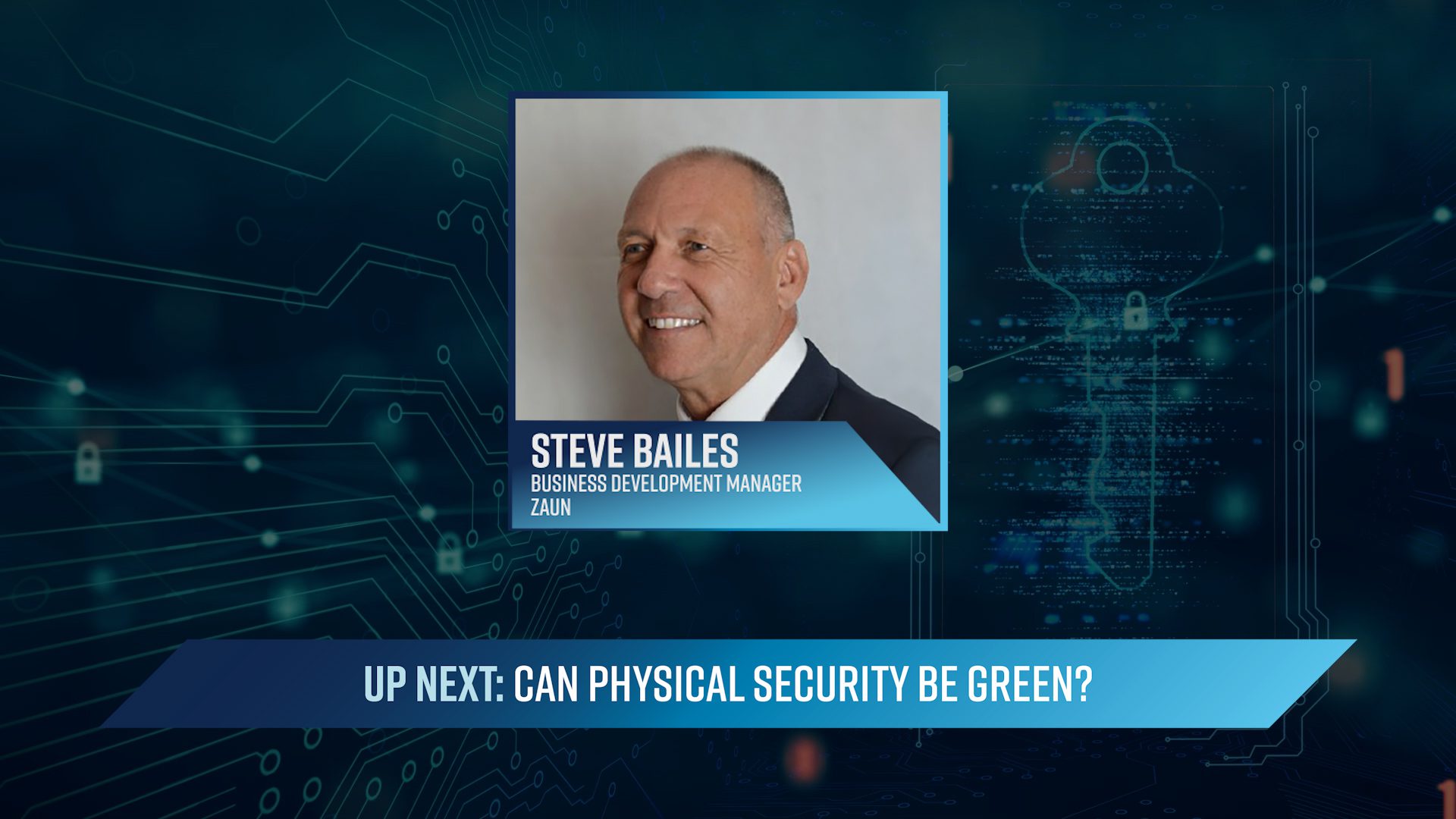Home » Archives for 9 January 2017
January 9, 2017
Stay ahead of the curve with real-time updates, expert insights, and breaking news from the global security industry. At Security Buyer, we bring you in-depth coverage on the latest trends, innovations, and developments shaping the world of physical, cyber, and operational security.
Check back regularly for the latest updates, and be sure to become a Security Buyer member to get access to our newsletters, videos and latest issues giving you direct access to top security stories as they happen.































